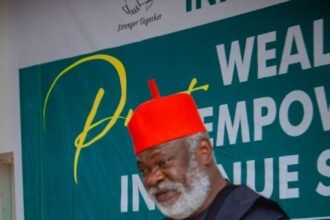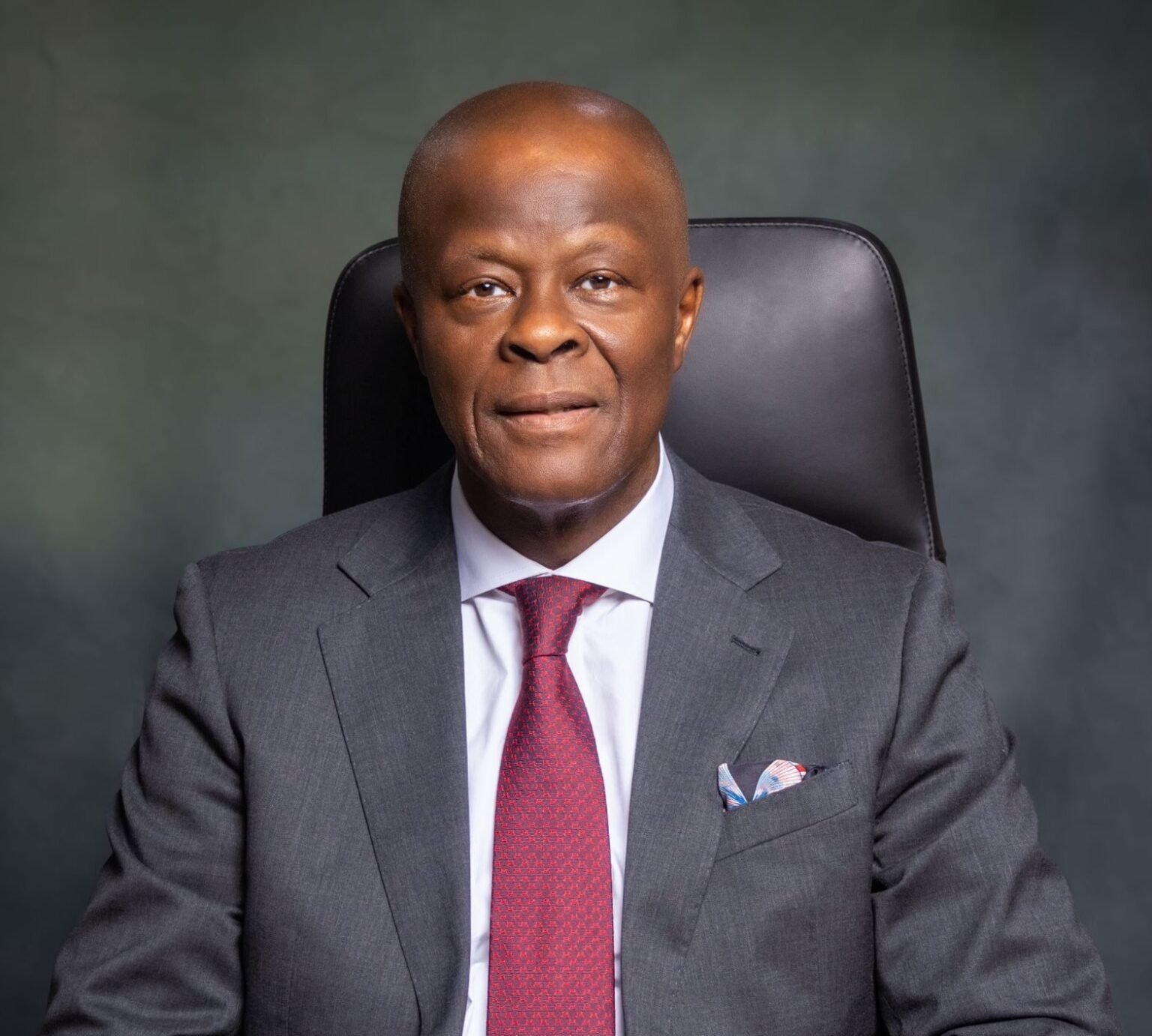By Adeyemi Jackson
That Nigerian’s feel the pinch of the ongoing reforms of President Bola Tinubu’s administration is something that could be blamed on the shoddy implementation of the ₦54.99 trillion 2025 Budget or a total lack of it.
It is farcical that implementation of the nation’s 2025 spending plan did not begin until late September, actually, effectively in October, when the year is almost over, with scant three months left. For a government that market itself as reform oriented, this failure to restore the budget to a January to December circle is a catastrophic failure that have negated every other thing it claims to have achieved and this failure lands squarely on the desk of the man entrusted with ensuring that the country has financial certainty, the Minister of Finance and the Coordinating Minister of the Economy, Wale Edun.
The disruption of the budget cycle, aside being a problem in itself – a misalignment with the global business cycle, has created other problems. It has created operational and service delivery challenges that made Ministries, Departments, and Agencies (MDAs) facing delays in receiving funds, delay in the implementation of critical projects with the non-implementation of capital projects negatively affecting job creation and poverty alleviation efforts. On another front are the economic and fiscal impacts that have shaken investor confidence because of uncertainty over Nigeria’s fiscal direction, which means the handling of the 2025 Budget has deterred foreign and domestic investment.
We must not lose sight of the fact that the shabby attitude towards the 2025 Budget worsened inflationary pressures because delaying capital spending is a sure recipe for price variations that ensure that prices have been pushed up beyond what was used to articulate the budget.
Additionally, governance and accountability risks have been heightened as the delay made room for last-minute manipulations that undermine transparency and the essence of budgeting, which would be further compounded by inevitable delays to the preparation of performance data that would in turn weaken accountability mechanisms.
Tragically, the Minister of Finance, Wale Edun, is playing the ostrich. He would not accept that the 2025 Budget is ailing the same way he has refused to accept his frail health and the reality that his current role is larger than his capacity, hence the strain that led to his recent health scare.
Like cancer that eventually kills its host if not excised by amputation, Edun’s health is poised to wreck not just the economy but also the entire country because of the aforementioned consequences. And like an insidious ailment that disguises its existence, Edun’s team is whitewashing his lack of grasp with rosy statistics that are at variance with the harsh reality Nigerians are surviving.
He is telling us about improvement in the economy when the non-implementation of the 2025 budget is crippling the nation’s economy. Despite the beautiful postings and assertions by the Federal Government that it has surpassed targeted 2025 revenue generation as of August this year, it is yet to give life to its 2025 budget.
Since the economy was put in Edun’s care, our currency has been plagued by turbulence and tough realities that made the country a veritable hell. In May 2023, the currency traded at around ₦460 to the dollar officially, with a parallel market rate near ₦740. Yes, the clamour was to eliminate the multiple exchange rates and the decision to unify the exchange rates was hailed as a bold reform, but Edun’s handling of the economy under the circumstances unleashed a wave of economic shocks. By October 2025, the naira had plunged to over ₦1,470 per dollar, reflecting deep structural weaknesses and the painful adjustment process. For ordinary Nigerians, this was not just a macroeconomic shift because it has made our existence into a daily struggle. Prices of essentials soared, savings lost value, and businesses faced rising costs. This makes it nauseating that Edun and his team are insisting the reforms will yield long-term gains, whereas the immediate impact has been a squeeze on livelihoods and a test of public patience.
Whatever flicker of hope Nigerians held that the 2025 Budget would ease their economic hardship is fast fading. The delay in implementation has compounded public frustration, and the man at the helm—Finance Minister Wale Edun, appears increasingly absent from the task. His health, understandably, has taken precedence, but governance cannot be paused for personal recovery. The urgency of restoring economic stability demands leadership that is present, responsive, and accountable. Nigerians are not asking for miracles; they are demanding functionality, an economy that works, a government that delivers, and a budget that translates into real relief. The silence from the Ministry of Finance is deafening, and the absence of clear direction is costing lives, livelihoods, and trust.
Is it Wale Edun that is ailing, or is it the budget itself? Nigerians deserve clarity, not on the health of the Minister of Finance as it is now crystal clear that he is out of the game, but on the health of the economy he is meant to superintend. The indifference, silence, and sluggishness surrounding the 2025 Budget implementation have stranded citizens in uncertainty, watching their hopes for recovery crushed and unravel. If the Minister is unable to carry out his duties, the government must act decisively—not out of political loyalty, but out of responsibility to the people. The budget is not a theoretical document; it is a lifeline for millions. And right now, that lifeline is fraying. What Nigerians are asking is not perfection, they are asking for leadership, for urgency, and for a government that does not wait for its stewards to recover before it begins to serve. The question is no longer rhetorical. It is a demand: who will take charge and restore confidence in Nigeria’s economic future?
Jackson is a public affairs analyst writing from Jos.





